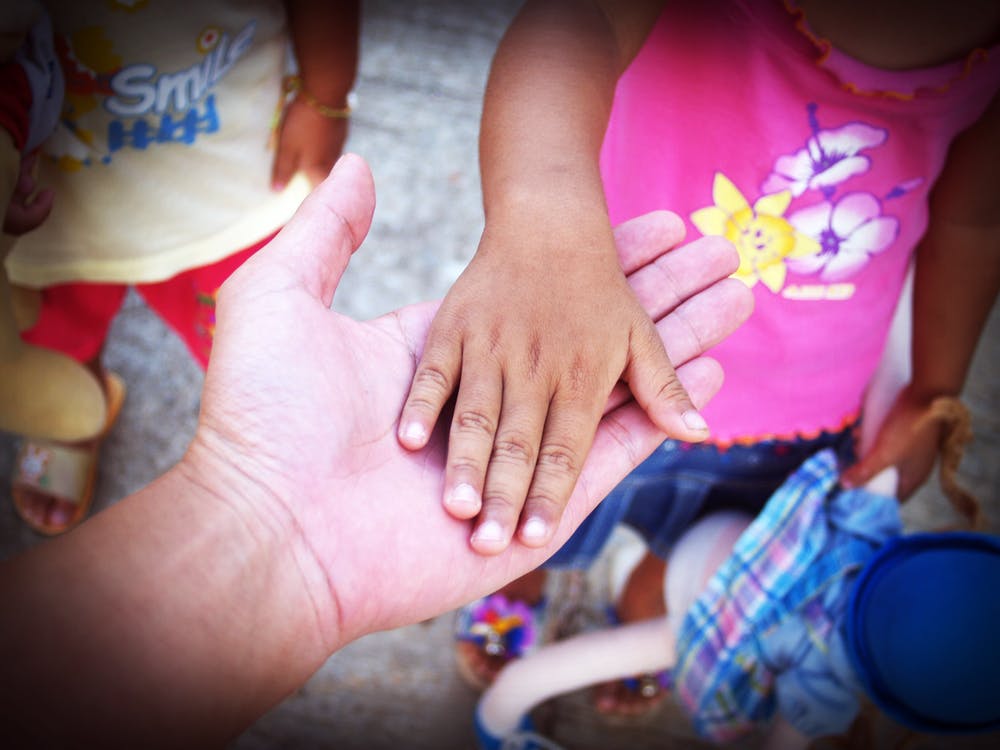
Each child deals with trauma and past stresses in different ways. This can carry over into their daily interactions. Here are some signs that your adopted child might be struggling with their troubled past.
Frequent Night Terrors
Children that have experienced trauma typically struggle with sleep. Sometimes, they feel as though they need to constantly be on guard. They may have difficulty falling asleep at night or even staying asleep. This is because their subconscious mind is replaying the traumatic event(s). Younger children are more prone to frequent night terrors because they don’t have an outlet for their emotions. They may wake up screaming and be unable to articulate what is bothering them. This can cause a lot of sleepless nights in your household.
Difficulty Interacting with Peers
Depending on the living environment before you adopted your child, they may not have been taught proper social interaction skills. Many of their skills may be inappropriate for interacting with others. This can cause your child to have problems making friends or even maintaining relationships. They may be prone to having problems in school as a result of these poor social interaction skills. In teens, this behavior can lead to falling in with the wrong crowd and using drugs. Younger children may act as though they are younger than their actual age.
Angry All the Time
Acting out and being angry all the time are common reactions to childhood trauma. You may even notice frequent mood swings and a negative self-image. Your child typically has low self-esteem and other self-image problems. If this behavior isn’t checked, it can lead to other issues in your child’s life. Impulsive and uncontrolled behavior can lead to legal troubles, drug addiction, eating disorders, or self-mutilation. In younger children, you may notice that they have more trouble controlling their emotions than their peers.
Constant Complaints of Illness or Pain
For many children, trauma can become internalized. This is especially true if your child doesn’t feel comfortable discussing what is bothering them with you. It can lead to your child feeling achy or have constant pain. They may claim that they aren’t feeling well in order to avoid activities, such as going to school. This may cause you to worry that there is something physically wrong with your child. You may even spend a lot of time at the doctor’s office because you don’t know what else to do.
You have to find a way from your child to express their emotions. Consider seeking out professional help, such as that from Lifeline, to help your child cope with their pent up emotional issues.



